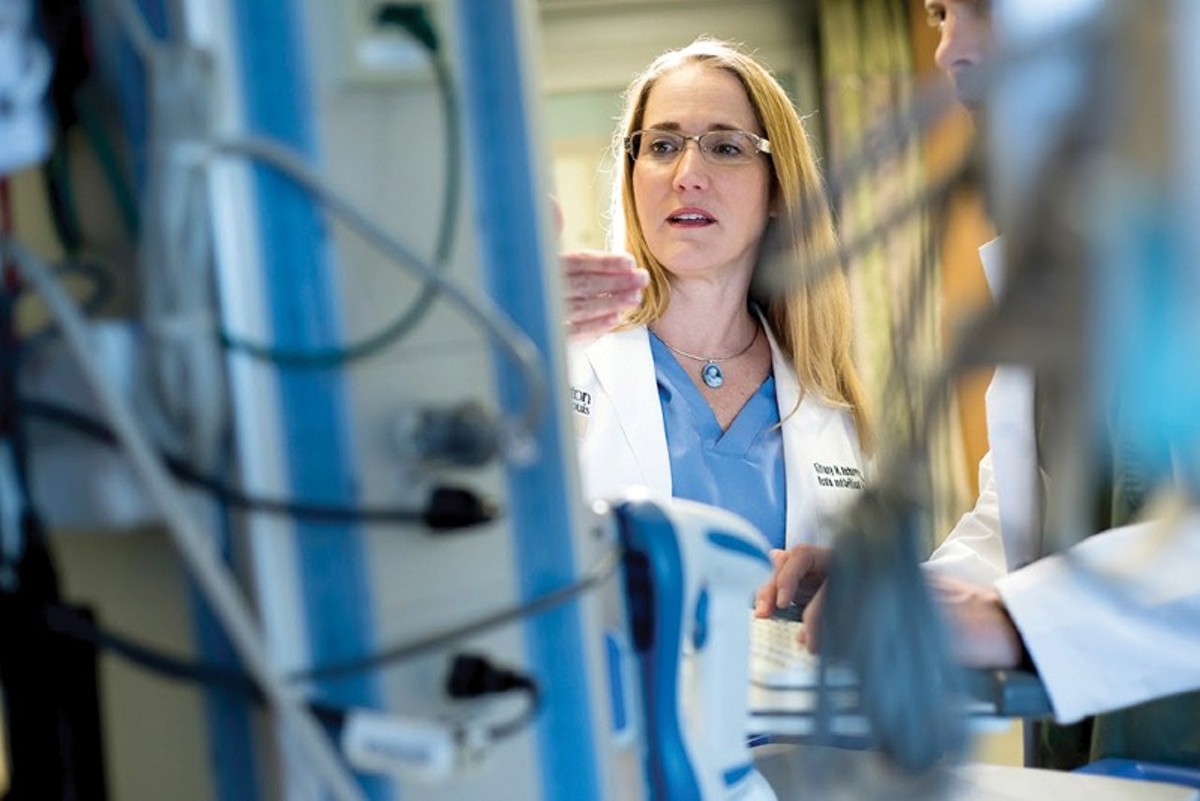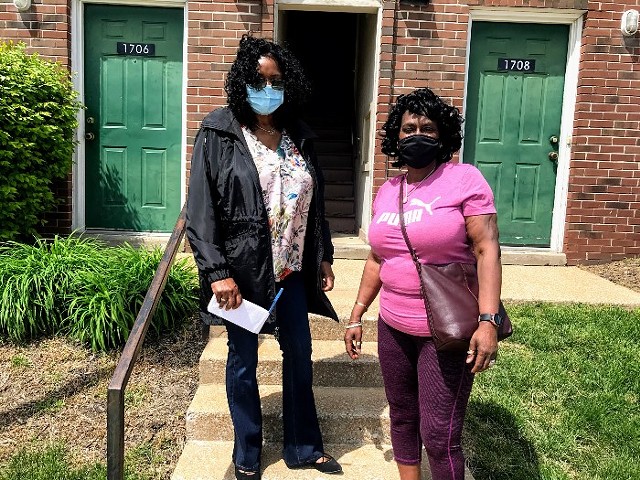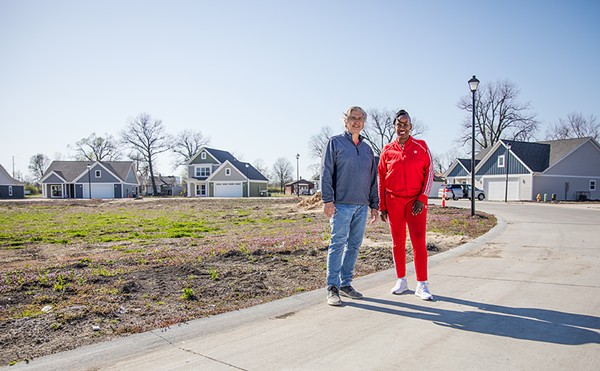I was preparing to intubate Kacey* in the COVID-19 intensive care unit when I looked up and saw Americans storming the U.S. Capitol on his television.
"What the hell is going on?" I thought. "Is this real?"
While the nurse was getting intubation drugs, I looked over to my respiratory therapist, a friend and colleague with whom I have worked for several years. "Larry ... look." I nodded up at the television, which showed people crowding the Capitol entrance and some breaking windows. It felt like watching a swarm of angry bees attacking everything in sight. Kacey was on non-invasive ventilation — BiPAP. It is similar to the CPAP masks some people wear for obstructive sleep apnea, but he needed it to keep his oxygen level marginal. He was trying to talk through the BiPAP and kept holding up four fingers as he tried to update me on what was happening, but I could not understand.
"Save your breath," I urged him. This was especially hard. I had become attached — again. But how could you not? He is such a nice guy — charming, funny and used to being in control. He owns his own business — built it from the ground up, he said. Now, he was scared. He had heard all the stories. He knew that being sick enough to need a breathing tube meant he could die. He has a family he loves. He has friends who are like family. I understood.
For the first couple of days, though, he looked good. Each day he asked how I thought he was doing. "You are the healthiest patient I have in the ICU right now," I told him.
A lot can happen in 24 hours.
I frequently tell my kids, "We have the family we are born with, and those we pick up along the way." Kacey clearly ascribed to the same ideas. He had friends coming out of the woodwork to check in on him. He told me the first day we met that he had a close family friend who was a pulmonary/critical-care doctor. Kacey asked me to talk with him.
His friend and I had been in communication for a few days already. I could see why they were friends — I don't think either one of them had ever met a stranger. That afternoon was going to be a painful discussion.
At the moment, he was still holding my hand, as he had been since I told him he was going to need a breathing tube. He was scared, and I was concerned for him.
"It's OK. I'm right here, Kacey. I'm not going anywhere. We're going to take care of you." He squeezed my hand twice in rapid succession. This had become how he communicated "thank you" while air was insufflated into his lungs through the mask on his face.
As I waited for the drugs, I looked up again. The crowd on the television had grown, and someone with a stick or bat was hitting a man who appeared to be a police officer. I looked away as images flooded my mind.
I saw the face of a 99-year-old World War II veteran who had died from COVID earlier that morning. I saw his daughter sitting by his bedside, holding his hand while talking with him. I heard his daughter's voice telling us how her father's military plane had gone down over the Himalayas during a monsoon. He was the only one who walked away. He had survived World War II. He had survived a plane crash. He succumbed to the war on COVID.
I saw the faces of the patient and family I left just moments ago. They were next door, sharing a wall with Kacey's room. Because Henry was dying, he was allowed two family members. His wife and daughter were at his bedside, and several others were on the phone.
Henry had come to the mainland from Hawaii in his early twenties, looking for new opportunities, a new life. He met his wife at church in Chicago. He became a graphic artist, and after he retired, he taught art to children. We had reached this point several times already. His daughter raced to the hospital one night because we thought we were going to lose him. This time, we were.
As I left the room, a small voice came over the phone: "I love you, Grandpa." I bit the inside of my lip and left the room, closing the sliding glass door behind me.






